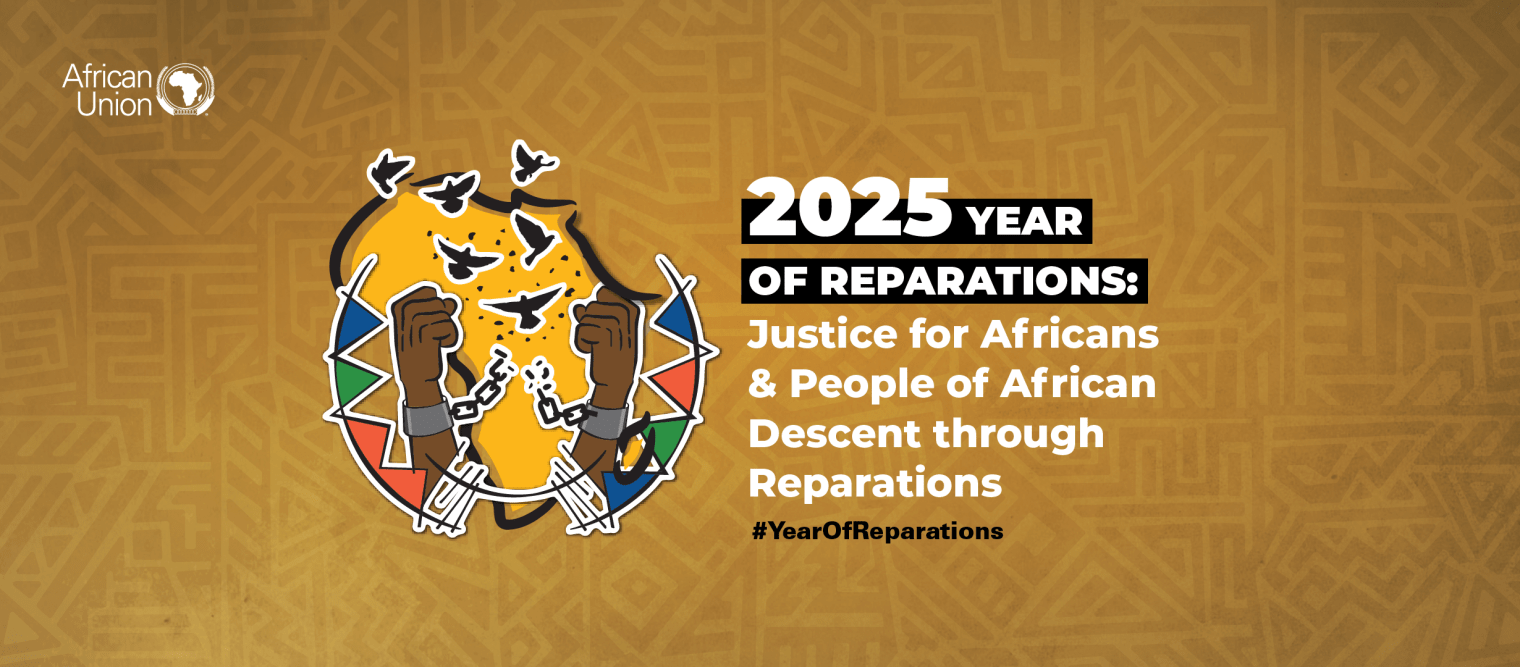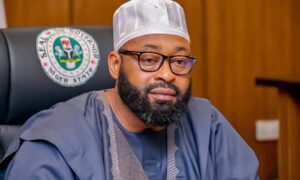By Ismail Abdulaziz
Many countries across the world have continued to use the blooming youth population in Africa and the inherent skill to develop.
Africa is, indeed, giving a lot to the world in terms of resources, manpower and wealth; just as it was forced to do in the past through slavery and other human right abuses.
The issue of reparation, therefore, is a paramount one that the new leadership at the Commonwealth needs to boldly put in the front burner.
Observers say Shirley Botchwey, the new Commonwealth Secretary-General, must tackle reparation in her three target priorities of empowering women and youth, revitalising trade and investment, and combating climate change.
In the African context, reparations for historical injustices committed by former colonial powers – especially for transatlantic slavery, colonisation, and neocolonialism between the 16th and 20th century have been championed by governments and civil society organisations long before decolonisation ended. Yet, they have rarely materialised.
To rekindle this effort, the African Union (AU), at its 38th Summit in February, unveiled the theme ‘’Justice for Africans and People of African Descent through Reparations.’’
This is with the aim of having a common position on reparation and strengthening the AU’s capacity to provide technical support to member states.
Reparations, in its broadest sense, refers to the act of making amends for a wrong inflicted, providing restitution, or giving satisfaction or compensation to the injured party.
The primary purpose of reparations is to address past injustices and to provide some form of compensation or redress for the harm caused.
Recently, Mr Mohammed Idris, Nigeria’s Minister of Information and National Orientation, again brought up the issue of reparation for African countries.
Idris suggested key factors that should be considered by the Commonwealth in leading the significant issue that would shape the future of the continent.
‘’Funds and cooperation could be channelled into new joint ventures between Britain and other Commonwealth countries where both sides benefit: investments and programmes that create shared, long-term value, designed to outlast political cycles and changing administrations.
“These could be public, private, or both – but distinct from other initiatives already in existence.
‘’Infrastructure should be a priority, driving economic development, creating jobs, and connecting the continent.
“One of Africa’s defining challenges is its lack of intra-continental trade – a legacy of colonial-era resource extraction that funnelled raw materials out to the West rather than cultivating regional exchange.
“A free trade agreement between Africa’s 54 nations is under way to reduce tariffs and unlock economic potential across the continent, but without material connectivity – roads, railways, ports – the transformative impact will be blunted.
‘’Second, debt forgiveness should be up for discussion. No Western funds are required up front, only a write down off government books.
‘’Debt is corroding many African nations, exacerbated by a global financial architecture that favours Western interests and penalises developing nations.
‘’This is no accident: banking, insurance, and capital markets were shaped by the profits and economic structures built during the era of slavery.
‘’Today, many African nations spend more on debt repayments than on education and healthcare combined.’’
According to the minister, fiscal space is required not only to fund development; it is essential for building climate resilience in the continent least responsible yet one of the hardest hits by rising temperatures.
He said it was certain that calls to leave the Commonwealth would not silence the conversation on reparations.
“It was a central theme at the African Union summit in February, and the Caribbean Community has been actively pursuing the issue for over a decade.
‘’Instead of retreating, why not lead – just as the Commonwealth did with collective sanctions isolating apartheid South Africa?
No other global body, unrestricted by region, is facilitating serious discussion on feasible, practicable reparatory justice between developed and developing nations.
‘’Once we move past the noise, a framework for reparations can be crafted that fosters mutual benefit rather than conflict.
‘’Africa holds immense opportunity. Its markets are set to surge, driven by a demographic boom that will see one in four working-age people worldwide residing on the continent by 2050.
‘’It is rich in the critical minerals that will power the energy transition and define the economies of the future; to fully seize this opportunity, the past should be reckoned with and leveraged to create joint value,’’ Idris said.
Worthy of note, in his submission at the 46th Ordinary Session of the Executive Council of the AU, Mr Claver Gatete, Executive Secretary of the UN Economic Commission for Africa (ECA), acknowledged the commitment of Heads of State and Government to unveil the reparations’ theme in their countries, signalling a unified resolve to seek justice for Africa and its diaspora.
Gatete, according to a report by ECA, stressed the lasting impact of the transatlantic slave trade and colonial exploitation, which he argued robbed Africa of its people, resources and dignity.
He said that the historical injustices had resulted in persistent inequalities in global financial systems, trade structures, and governance institutions that continue to afflict the continent today.
“The continent is home to 30 per cent of the world’s mineral reserves and 65 per cent of arable land; yet, Africa accounts for a meagre three per cent of global trade and only one per cent of manufacturing output.
“This stark contrast is due to entrenched structural barriers that perpetuate economic dependency,’’ he said.
Gatete called for a comprehensive approach to reparative justice that went beyond financial compensation.
What’s more, AU’s move to rekindle the push for reparation needs to be loudly embraced by all stakeholders.
The continent is taking its rightful place in the comity of nations with the vast untapped and sought after resources as well as vast market.
It is incumbent on the continent to draw a new line of engagement with the world as Africa has come of age and the world cannot do without it in the scheme of things.
Analysts say the past few decades have positioned the continent as a critical player in global social and economic affairs; African youths have traversed the globe and saw that all they need for a better life is right here in the continent.
They say countries involved with Africa in the reparation, including France, the UK, Germany, Belgium, Italy, Spain, Portugal and the Netherlands must show readiness to finally heed the clarion call to address it once and for all in the interest of the present and the future.
For Africans, such positive steps by these countries will shape the existing relationship with China, Russia, Türkiye and the Gulf countries, who have no colonial past in Africa.















